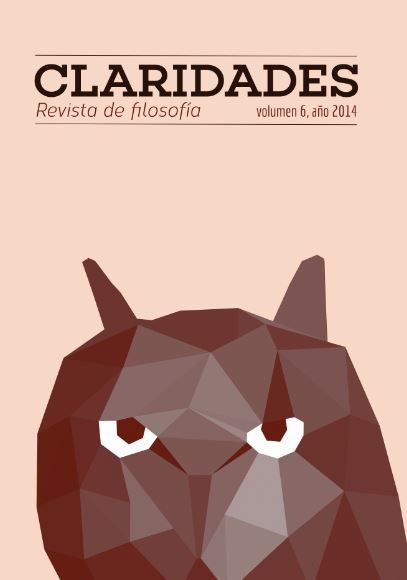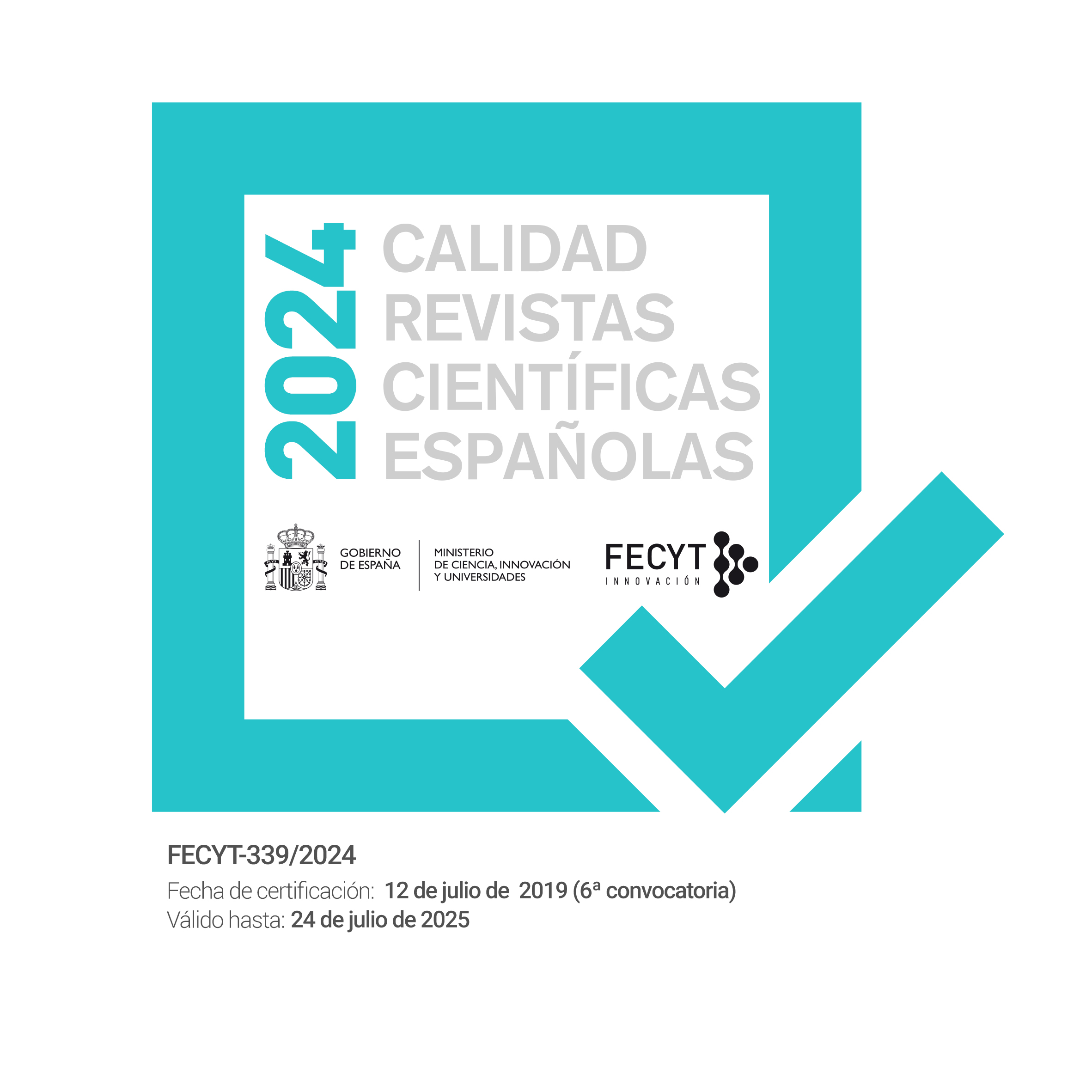The problem of the purpose of nature in the aesthetic JudgmentsKant ?s Critique of Judgment
DOI:
https://doi.org/10.24310/Claridadescrf.v6i0.3888Keywords:
AESTHETIC JUDGMENT, JUDGMENT OF TASTE, FINALITY, REFLECTIVE JUDGMENT, NATURE, SUBJECTIVITY,Abstract
The judgment of taste as an aesthetic judgment is rooted in contemplation of a particular object. This judgment comes freely and has no connection with an intention by the subject. In the case of a judgment about the beautiful object is considered attributes a certain beauty to the object as if it were a property that characterizes him. The form in which appear this judgment is possible the emergence a certain of universality of him to the extent that anyone can contemplate the beauty can distinguish it. But it is just aesthetic universality and not logic universality. In the form of this objects is noticeable a finality of nature as a condition a priori that enables knowledge on them. This possibility based on the reflection about the form of these objects is determined by the reflective use of the faculty of judgment.
Downloads
Metrics
Publication Facts
Reviewer profiles N/A
Author statements
Indexed in
-
—
- Academic society
- N/A
- Publisher
- Asociación para la promoción de la filosofía y la cultura en Málaga (FICUM) y UMAEditorial
Downloads
Published
How to Cite
Issue
Section
License
Copyright (c) 2018 Claridades. Revista de Filosofía

This work is licensed under a Creative Commons Attribution-NonCommercial-ShareAlike 4.0 International License.
Esta revista provee acceso libre inmediato a su contenido bajo el principio de hacer disponible gratuitamente la investigación al público. Todos los contenidos publicados en Claridades. Revista de Filosofía, están sujetos a la licencia Creative Commons Reconocimento-NoComercia-Compartirigual 4.0 cuyo texto completo puede consultar en <http://creativecommons.org/licenses/by-nc-sa/4.0>
Es responsabilidad de los autores/as obtener los permisos necesarios de las imágenes que están sujetas a derechos de autor.
Los autores/as cuyas contribuciones sean aceptadas para su publicación en esta revista conservarán el derecho no exclusivo de utilizar sus
contribuciones con fines académicos, de investigación y educativos, incluyendo el auto-archivo o depósito en repositorios de acceso abierto de cualquier tipo.
La edición electrónica de esta revista esta editada por la Editorial de la Universidad de Málaga (UmaEditorial), siendo necesario citar la procedencia en cualquier reproducción parcial o total.

















6.png)
